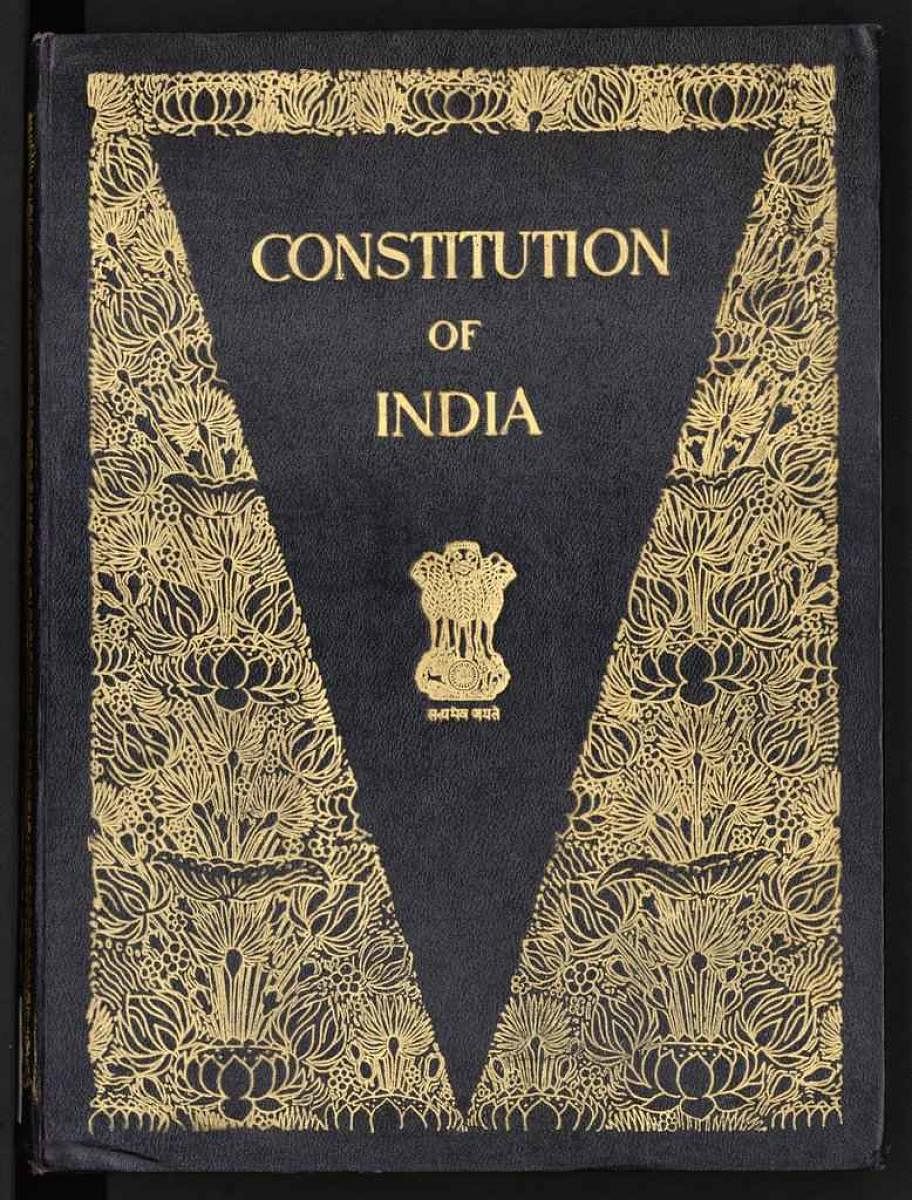The Citizenship (Amendment) Bill, 2019, which the government has proposed to introduce in the Lok Sabha, is the most divisive and fissiparous move in the country’s legislative history. The Union cabinet has approved the Bill which has provisions that strike at the very idea of India envisaged in the struggle for freedom, ordained by the Constitution and lived by the people for decades, and even centuries. Last year also, the government had introduced the Bill but it was referred to a joint parliamentary panel. It is likely to be passed this time. The government has made some changes in the Bill now, mainly to exclude some areas in the North-East from its purview. But this is only to address some political challenges in the region which has most demonstratively protested against the Bill till now. The basic thrust of the Bill remains.
The Bill seeks to give citizenship to non-Muslims in Pakistan, Bangladesh and Afghanistan who have suffered religious persecution and have come into India illegally before December 31, 2014. Citizenship of India is not based on religion and so providing for citizenship rights for only non-Muslims is discriminatory. It violates the right to equality and other rights and ideals, including secularism, which form the basic structure of the Constitution. It validates the Partition of the country on the basis of religion, which India has never accepted, and negates the values that have given shape to the country’s social and political life since independence. These values and ideals include inclusiveness, tolerance and plurality which have created a nationhood whose core is unity in diversity. It is a law clearly targeted at Muslims and is one more step towards the creation of a narrow idea of nationhood called Hindu Rashtra. It should be noted that Muslims who are persecuted in neighbouring countries, like the Rohingya or the Ahmadiyas, are not covered by the proposed law.
The Bill needs to be seen in conjunction with the idea of extending the National Register of Citizens (NRC) to the whole country, its disastrous implementation in Assam notwithstanding. Muslims are the target of both the NRC and the Citizenship Amendment Bill. The Hindus who are excluded from the NRC can be given citizenship through the new law, and the Muslims can be left out, though it is still not clear what the government proposes to do with those excluded. Together, the moves are meant to establish the idea that the country is for Hindus, and others are unequal or second-class citizens. The parties which have promised support for the Bill should seriously consider what it means for the very soul of this country
